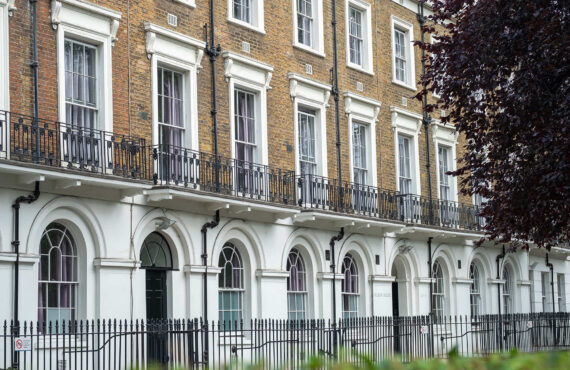
The Bank of England increased interest rates by 50 basis points to 2.25 per cent at its September meeting. With three of the nine-strong members of the Monetary Policy Committee voting for a 75 basis points rise, there is no sign of a slowdown in rate increases. Indeed, the latest rise is the seventh in as many meetings, with more expected in the future, particularly if the Bank is required to intervene to help stabilise the pound.
Unsurprisingly, borrowers have been rushing to fix their mortgages to protect themselves from rising interest rates. However, volatile Swap rates are making it very difficult for lenders to price fixed-rate mortgages because they rise again almost as soon as the product is launched.
With several lenders pulling fixed-rate mortgages in the past few days, and others expected to follow suit in order to avoid being swamped and having service issues, it is very important to seek advice. With base-rate trackers cheaper than fixed rates, at least initially, it may be time to opt for a variable rate – but only for certain borrowers.
AWS Private Finance ran some numbers to find out whether a fix or a tracker makes more sense. A borrower looking for a two-year tracker at 60 per cent loan-to-value could get an initial rate of 2.5 per cent from Barclays, costing £1,211.27 a month on a £500,000 mortgage. However, if they wanted security and protection from rate rises, the cheapest equivalent two-year fix (at the time of writing) was 4.15 per cent from Hodge Bank, costing £2,010.58 per month. You would need four interest rate rises at 50 basis points a time, taking bank rate to 4.25 per cent, to be worse off with the tracker.
The question is how high, and fast, interest rates will go. The Bank of England has been raising rates in an effort to curtail inflation but while at 9.9 per cent inflation is considerably higher than the Bank’s 2 per cent target, it eased in September thanks to some respite at the petrol pumps. The Government’s Energy Price Guarantee should take 4 to 6 percentage points off headline inflation in coming months but it’s whether other sources of inflation, such as food, continue to surge, or whether it will soon peak.
If you are on a tight budget and would struggle with your mortgage if rates were to rise further, than a fixed rate makes sense. However, if you have a bit more leeway, it may be worth considering a variable rate with no early repayment charges so you could switch to a fixed-rate mortgage once they begin to look more reasonably priced. Or use bonus income and dividend payments to pay down the balance more quickly.
With mortgage rates continuing to rise, there is added pressure to lock into a deal now before they go any higher. It is important to plan ahead as much as possible; rates can be booked up to six months before you need them. A whole-of-market broker such as AWS Private Finance has access to all the deals on the market and can advise as to the right one for your circumstances, whether that is a fixed rate or a tracker. Please get in touch for more information.






